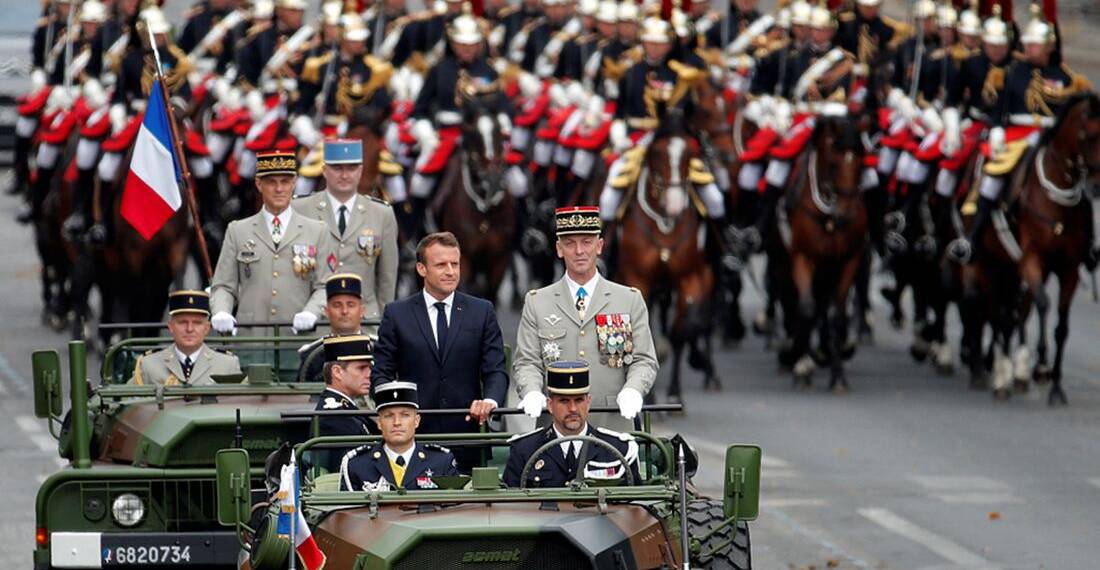Macron’s push for NATO’s intervention in Ukraine reflects his ongoing campaign for greater European independence within NATO. While France has played a pivotal role in organizing EU assistance for Ukraine, its efforts in providing immediate aid fall short when compared to the contributions from Germany, the UK, and the US. As the conflict intensifies, with Russia making significant inroads in the east, there’s growing uncertainty about Ukraine’s defensive capabilities and the international community’s reaction, especially with the US presidential election on the horizon. So, Macron decided to up the ante.
We told you only yesterday about a recent media report, which cited an anonymous U.S. official who suggested that French President Emmanuel Macron told friends that if Russian forces engaged French troops who would have been stationed in Ukraine, neither NATO nor the United States would intervene. This claim, which is connected to Macron’s proposal of direct NATO involvement in Ukraine which he made at the end of February, pointed to a dramatic change in the NATO alliance’s strategic thinking with respect to the ongoing hostilities with Russia.
France has decided to proceed with a conventional military intervention aiming to secure strategic locations along the Black Sea Coast and the Dnieper River, that would not only alter the regional power dynamics but could also precipitate a direct military front between France and Russia.
While Macron has kept repeating that France will go at it alone, the notion that one of NATO’s principal members could engage in military operations against Russia, alone, without eliciting a collective defense response from NATO is preposterous to even think of. So, it is certain that in case of a France Vs Russia faceoff, it will be NATO vs Russia faceoff and that will in all probabilities lead to the Third World War.
Macron’s position has gained support from the Baltic states, yet it has led to a distancing by Western allies from France. The Kremlin has derisively responded to Macron’s comments, stating that NATO’s involvement in Ukraine has already begun. In an effort to promote solidarity despite Western divisions, Macron convened a meeting with the leaders of Germany and Poland as part of the “Weimar Triangle.” The United States, the United Kingdom, and Germany view any direct NATO engagement with Russia as crossing a critical boundary.
At the gathering, Macron said, and I quote – If we become too dependent on the US within NATO, we risk being no longer protected at our borders. We experienced this situation in 2013, de facto, in Syria. Therefore, I believe we must be a trustworthy partner. I have faith in NATO and believe it requires a new political momentum and a clarification of its strategic concept. NATO needs a more political approach. I firmly believe that the best way for Europe to be involved within NATO is to take greater charge of its own security and strive for strategic autonomy. This approach is not only compatible but, given the arguments I have just presented, I think it will make NATO even stronger than before.
Macron’s continuous prodding earned a swift rebuttal from Putin who said, and I quote, “This could potentially bring us one step closer to a full-fledged World War III. I do not think anyone is interested in that. Regarding the stance of the President of France, he has already made certain adjustments. He stated that this contingent would prefer secondary functions, focusing on training military personnel in Ukraine.”
So, Putin has clearly told Macron to stick to non-combat duties in Ukraine and forget his Black Sea Coast and the Dnieper River plan. Because while no one wants a third world war, provocations from NATO won’t go unanswered.







